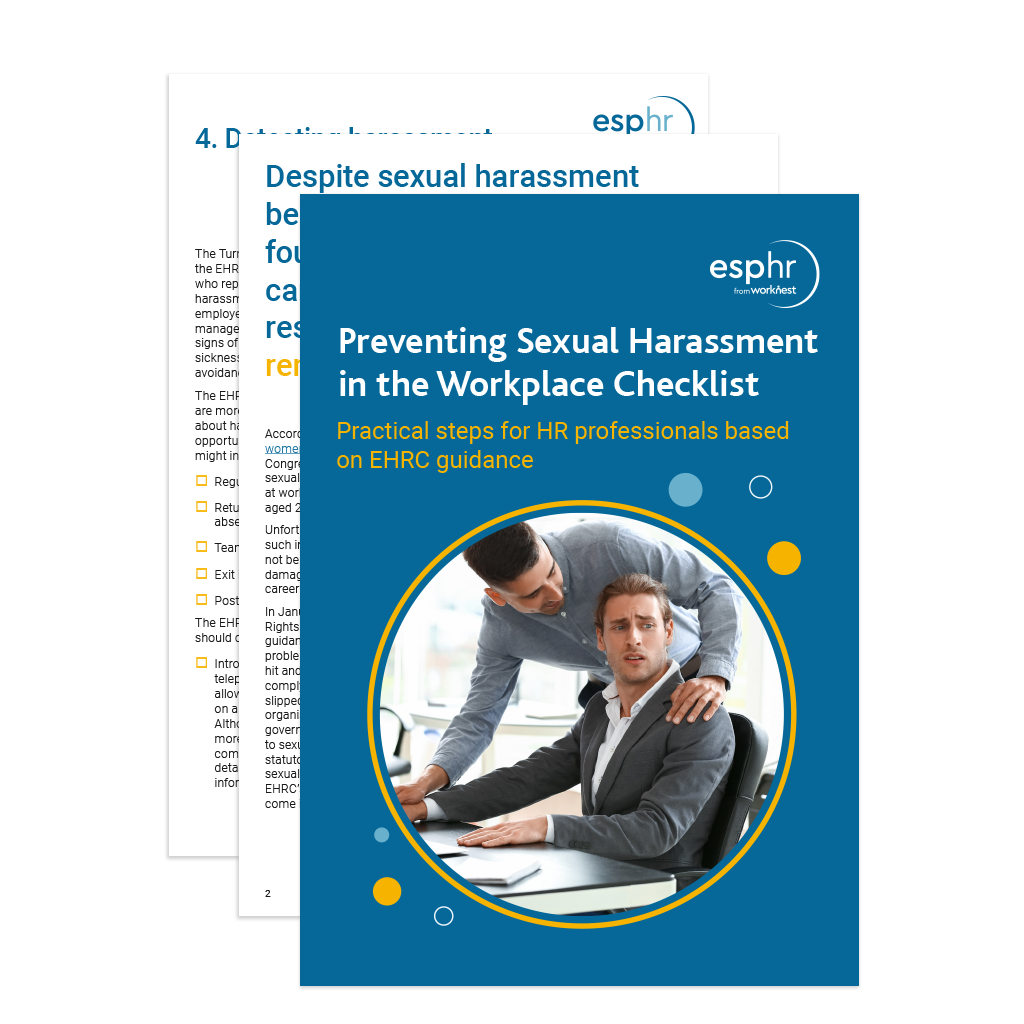All Employment Tribunal judgements are now collated and published on a government website, which can be accessed publicly here: https://www.gov.uk/employment-tribunal-decisions. This transparency ensures that tribunal processes are open and accountable.
There is no ability to remove judgements from the website and therefore employers should be aware of the potential risk of adverse publicity, in particular where written reasons for the judgement are requested and the company has been criticised by the Employment Judge.
Anonymity orders
Under Rule 50(3)(b) of Schedule 1 of the Employment Tribunals (Constitution and Rules of Procedure) Regulations 2013, the tribunal may issue an order to protect the anonymity of certain individuals involved in a case, such as the claimant or witnesses. This means their names or identifying details can be kept confidential from the public, and this anonymisation may extend to public documents like the judgment.
The ET might approve this if disclosing certain details could endanger someone’s personal safety, such as in cases involving whistleblowers reporting criminal activity. For cases involving sexual misconduct or disability, the ET has specific powers to issue a Restricted Reporting Order to prevent media identification of those involved, especially if the details are of a personal or sensitive nature.

